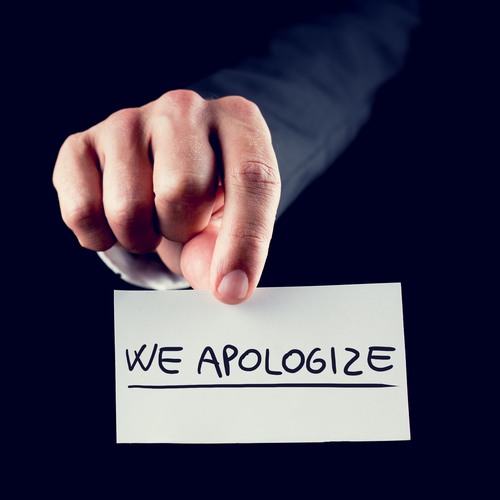 Sometimes I’m too freakin’ busy to write my own posts, so I invite guest bloggers to share their experiences and thoughts. Sometimes, though, I don’t write my own posts because somebody else has already said what I wanted to say better than I could ever say it.
Sometimes I’m too freakin’ busy to write my own posts, so I invite guest bloggers to share their experiences and thoughts. Sometimes, though, I don’t write my own posts because somebody else has already said what I wanted to say better than I could ever say it.
Today it’s both, so I direct your attention to Katie Langston’s thoughtful and thought-provoking post yesterday about Mormon excommunication.
I have avoided looking at the comments, but I can imagine that they’re pretty polarized.
Many liberal Mormons are going to be mad because Langston acknowledges there is indeed a time and a place for excommunication. “I’ll say right up front that I believe there are instances where excommunication makes sense,” she writes. “I’ve seen lots of comments to the contrary, that no one should ever be kicked out of church for any reason. That’s simply not possible, or even advisable. There are dangerous people in this world: people who abuse trust and power, who exploit the most vulnerable. It is important to protect the community from those who would cause intentional harm.”
But conservative Mormons will be ticked by what she does next, which is to dissect the proper conditions for legitimate excommunication:
Excommunication on grounds of “apostasy” is tricky business. Are there times when it might be appropriate? I’m not willing to say, unequivocally, that there are not. But I will say that as if we are going to do something as drastic as cut off fellowship, we had better have a darn good reason for it.
And someone pointing out the problems in our community is not that reason.
The church made it clear that the reason they excommunicated Kate [Kelly] and John [Dehlin] isn’t their ideas. It’s that they expressed their ideas publicly, and other people agreed with those ideas.
Yes. That is the heart of the matter. Is our church so uncertain of itself that it cannot handle criticism?
John and Kate pointed to gender inequality, to policies that hurt gays and lesbians, to problems and cover-ups in Mormon history. But as Langston notes, all of those things have actually happened or are still happening; the two excommunicants did not create those problems. And while it’s fine to have issues with the methods they used in calling attention to the problems, the mistakes themselves were already there.
Langston points also to a disturbing tendency that may lie behind Elder Oaks’s recent statement about apologies. (I’d like to note, before I get into this, that when I first heard that Elder Oaks had said the Church neither seeks apologies nor gives them, that surely he was misquoted. Surely there was additional context that indicated he understood that no institution, however inspired, was above apologizing for its mistakes. But as the Salt Lake Tribune clarified in the aftermath, Elder Oaks only made the same point more forcefully in a Trib Talk two days later. So I stand corrected — at least one general authority of the church apparently does not feel that the Church will ever stand corrected.)
It’s fine for the Church to emphasize looking forward in hope and faith. I believe we all should do this. But forward movement does not preclude institutional repentance for the mistakes of the past. As Langston points out, it also communicates the Church’s disappointing reluctance to acknowledge — let alone seriously address — the very real problems that the excommunicated individuals pointed out.
. . . this is my fundamental objection to these prominent excommunications. They have occurred in a context where the leadership will not even consider their part in neglecting people in faith crisis or refusing to create viable feedback mechanisms to bring honest concerns to decision makers. They will not consider that these alternative communities have gained traction because decades of secrecy and denial have left people with literally nowhere else to go. They will not consider their own role in creating what is apparently such problematic behavior that it deserves excommunication, because they will not admit that they have made mistakes.






